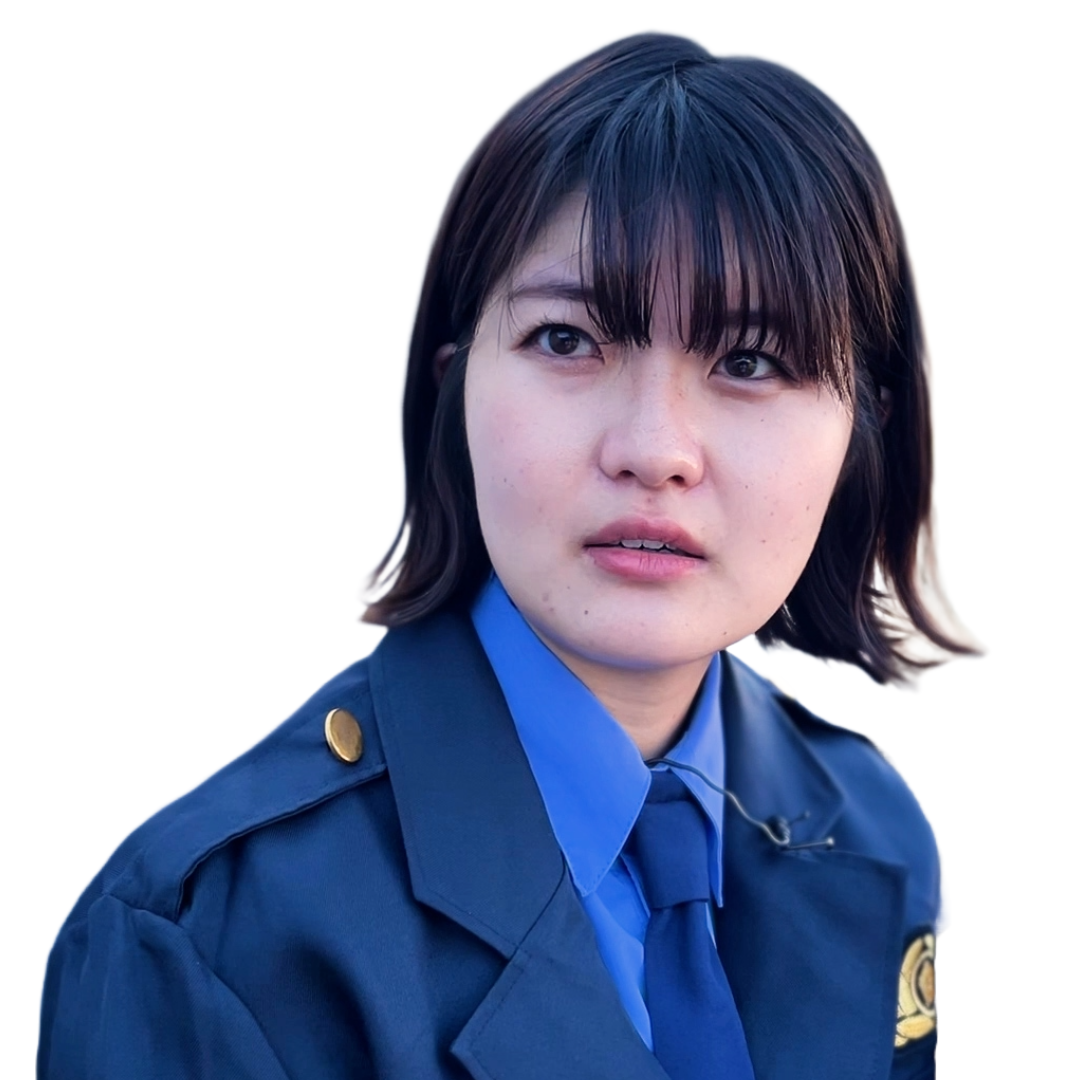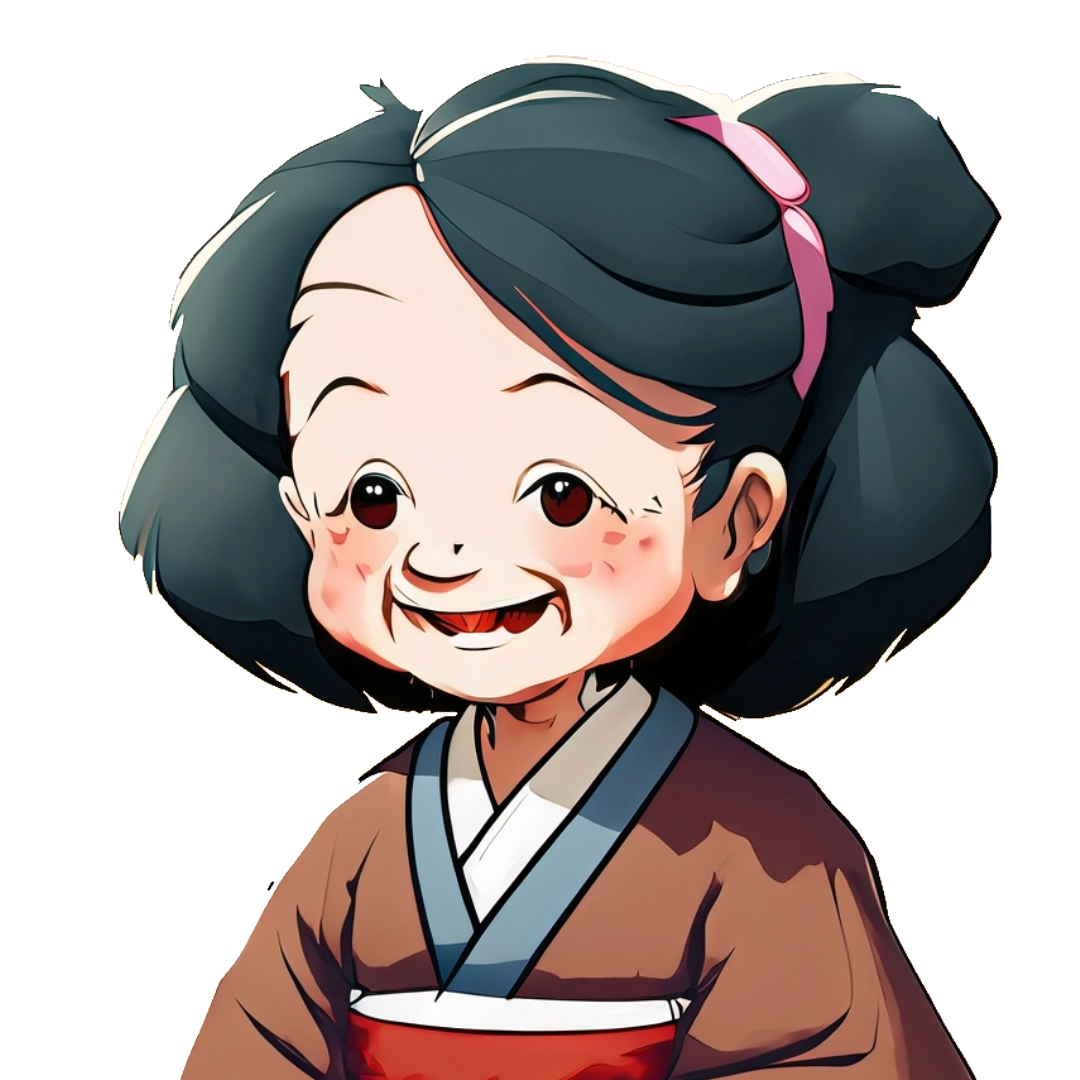Lesson 4. どういういみですか

めんきょしょうおねがいします。
menkyoshō onegaishimasu
License, please.

めんきょしょう?
menkyoshō
Menkyosho?

はい、めんきょしょうです。
hai menkyoshō desu
Yes, your license.

「めんきょしょう」は何ですか。
menkyoshō wa nandesu ka
What is menkyosho?

どういういみですか。
dōiu imidesu ka
What do you mean?

うんてんめんきょしょうです。
unten menkyoshō desu
Your driver’s license.

ドライバーライセンスといういみです。
doraibāraisensu to iu imidesu
It means a driver’s license.

すみません、わかりません。
sumimasen wakarimasen
Sorry. I don’t understand.

日本語わかりますか。
nihongo wakarimasu ka
Do you understand Japanese?

いいえ、日本語わかりません。
īe, nihongo wakarimasen
No, I don’t understand Japanese.

わかってますよね。
wakattemasu yo ne
You do, don’t you?

ちょっとだけわかります。
chotto dake wakarimasu
I understand, just a little.
| (うんてん)めんきょしょう (unten) menkyoshō | (driver’s) license |
| いみ imi | meaning |
| 日本語 にほんご nihongo | Japanese |
| ちょっとだけ chotto dake | just a little |
| おばあさん obāsan | grandmother |
| みかん mikan | tangerine |
| たべます/たべる tabemasu / taberu | to eat |
| りんご ringo | apple |
| おんがく ongaku | music |
| 牛肉 ぎゅうにく gyūniku | beaf |
If you’re in Japan, the phrase “どういういみですか” would probably be the most frequently used. When you don’t understand the meaning of what the other person is saying, you use this phrase to ask for clarification.

どういういみですか。
dōiu imidesu ka
What do you mean?
When responding, you would say, ‘It means…’ using the phrase “〜といういみです。“

ドライバーライセンスといういみです。
doraibāraisensu to iu imidesu
It means a driver’s license.
If you still can’t understand what the other person is saying, you can say:

すみません、わかりません。
sumimasen wakarimasen
Sorry. I don’t understand.
“おねがいします” in Japanese translates to “Please” or “I request” in English. It is commonly used to make polite requests, ask for favors, or express a polite wish for something to happen.

めんきょしょうおねがいします。
menkyoshō onegaishimasu
License, please.
“Yes” is the equivalent of “はい” in Japanese, and “no” is equivalent to “いいえ” This is a formal way of expressing agreement or disagreement.

はい、めんきょうしょうです。
hai menkyoshō desu
Yes, license.

いいえ、日本語わかりません。
īe, nihongo wakarimasen
No, I don’t understand Japanese.
However, among friends or family members, a more casual way of saying “yes” is “うん” and “no” can be expressed as “いや”

たけし、みかんたべる?
takeshi, mikan taberu?
Takeshi, do you want to eat a tangerine?

いや、たべない。
iya, tabenai
No, I don’t want it.

じゃあ、りんごたべる?
jā, ringo taberu?
So, what about an apple?

うん、たべる。
un, taberu
Yeah, I’ll eat it.
Please rearrange the words
Q1:what does “Ongaku” mean?
Q2-1: Does “Gyuniku” mean “pork”?
Q2-2:No, “Gyuuniku” means “beef”.
1. 「おんがく」はどういういみですか。
2-1. 「牛肉」はporkといういみですか。
2-2. いいえ、「牛肉」はbeafといういみです。

はんぶんまできました!
We’ve reached the halfway point!
